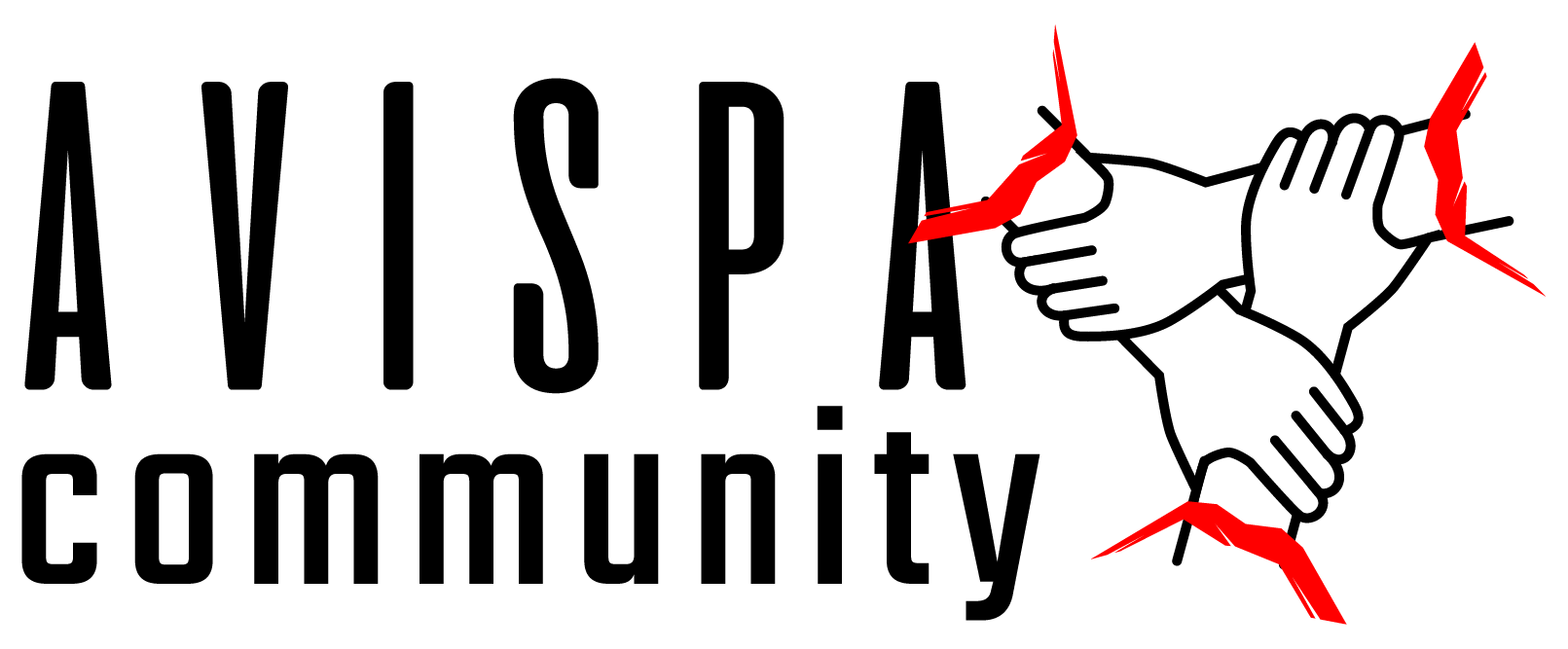Cover image: Indigenous communities of Xapuri, in the Brazilian Amazon, have denounced land dispossession schemes pushed by international financial entities. Photo: GRAIN
The World Bank announced during a recent conference related to land, which took place May 13-17 in Washington, that they would increase investments in strategies and management to guarantee land tenure throughout the world. They announced in the next five years that investments would increase from $5 billion dollars to $10 billion dollars.
According to the official discourse of the financial body, the objective of the bank is to help developing countries achieve secure land tenure for all men and women.
The discussion at the conference however revolved more specifically around the necessity to guarantee land tenure throughout the world for projects that aim to mitigate climate change and promote the “energy transition.”
“We are working in 28 countries on the issue of land, and we want to duplicate that number,” days Juergen Voegele, Vice President of the World Bank. The financial body has invested $38.6 billion dollars during 2023 in initiatives related to the climate in “developing countries.” The World Bank is thus the principal international financial entity funding projects related to the “energy transition” within the guidelines of the Paris Accords.
During the conference, in the middle of discourses filled with philanthropic speeches preaching the need to protect Indigenous lands, the pragmatism of the market leapt forth. “As of today, we haven’t found the sufficient land needed for investments in renewable energy. And it is not simply that we have to get rural areas to address issues related to the environment, but that we need room for investment,” says the ex-Director of Environment and Social Policy of the World Bank, Andrew Steer, today President and CEO of the Bezos Earth Fund, which has financed conservation projects carried out by international organizations like the WWF and Conservation International.
They not only need the lands. They need the lands to be titled as well. Why?
The discussion during the conference laid out a response to the question. In summary, poor land governance, unclear laws, and insecure land titles limit the security of the investment and access to climate project financing. Investments from the World Bank, for example, demand that the lands be titled.
According to data from the World Bank, only 30% of the population of the world have properly registered titles to their land.
“We saw that incomplete and outdated land registries cause delays and obstacles to development, with the corresponding social effects of displacement,” he said. With resources destined to land regularization by the World Bank, “we hope that it contributes to the foundation necessary allowing us to achieve the climate objectives on a world scale,” sustains the Vice President of Infrastructure the World Bank, Guangzhe Chen.
In the context of the Conference of the Parties (COP) of the United Nations Framework Convention on Climate Change, the maximum authority of international negotiation on climate change, land regularization is also a necessity. So much so that at COP 26 in Glasgow, the countries agreed to direct $1.7 billion dollars to land regularization, recalls Andrew Mitchell, Minister of State of the United Kingdom, one of the promoters of the conference.
Regularization to Monopolize
If for the World bank guaranteeing land tenure has meant business security for large investors, for small scale producers and organizations, Indigenous peoples, workers, and grassroots communities, it has meant land grabbing and the displacement of millions of people in the countries of the Global South.
This critique was made by 94 organizations from throughout the world just days before the beginning of the conference. The bank has promoted “the financialization of land, forests, and fisheries, transforming the traditional and customary rights of the land into private titles suitable for the market,” point out the organizations in a statement.
The organizations demand that the World Bank stay away from the lands of the communities. “The World Bank not only invests directly in land projects, but it also has a long history of promoting natural resource management via market logic…while facilitating the privatization of natural resources and their concentration in the hands of self-interested elites and corporations,” they sustain.
The World Bank’s policies of “agrarian reform assisted by the market,” with its model of “willing buyer, willing seller” promoted in different developing countries, “increased the inequality of access to land, creating the conditions for the concentration of land, in place of its redistribution.”
More recently, the financial body has become a promoter of carbon markets and other measures of market-based climate change mitigation. It is an important actor in the creation of world carbon markets through the numerous carbon trusts and financing mechanisms.
“These measures use the communities’ territories as carbon sinks for large polluters, permitting at the same time new greenhouse gas emissions and the destruction of ecosystems,” they argue.
The organizations call on states to guarantee the World Bank refrain from influencing world, regional, and national policies related to land tenure and territories, as well as climate change and the protection of biodiversity.
Furthermore, they demand that the World Bank redirect its funding related to land and climate change toward “green solutions applied by the people and the communities in their own territories.”


